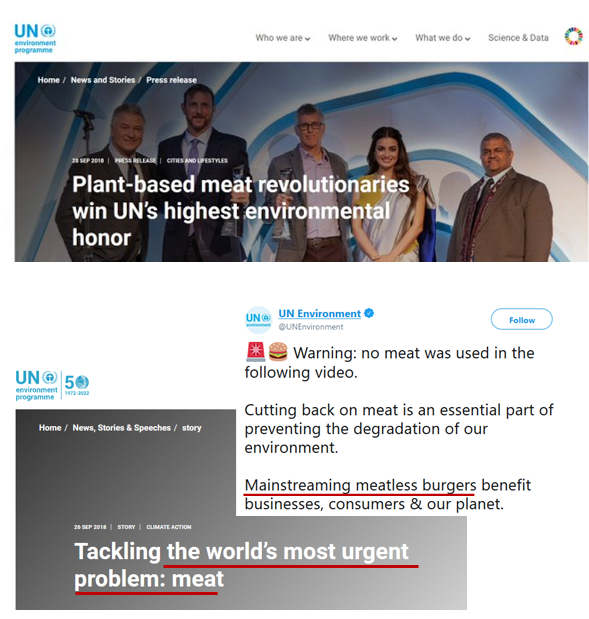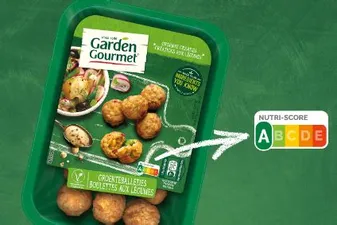
In the EU, 96% of #feed ingredients aren't food grade: "cereals, soybean products & pulses [.] are predominantly not of a quality that are suitable for human consumption, but it must be acknowledged that an element of competition for land is present"
🧵1/6 fefac.eu/wp-content/upl…
🧵1/6 fefac.eu/wp-content/upl…

Also: "When a feed ingredient that is food grade is sold to a feed operator, this is normally always the result of surpluses for which demand from the human consumption market could no longer be accommodated"
2/6
2/6
Thus: "from an economic point of view, feed production is per definition never in direct competition with human consumption, hence the significantly lower quotations on the feed market. In that sense, feed use of a material will [.] never drive shortages on the food market"
3/6
3/6
"cereal varieties grown for animal feed purposes do not [usually] meet the quality requirements needed to produce bread, beer, pasta & a significant share used in feed are in fact cereals that were downgraded from food to feed grade status because requirements weren't met"
4/6
4/6
"It is a common misunderstanding that when the feed industry speaks of maize use in feed, that this would be sweet corn for example, and that all ‘cereals’ used in feed could de facto be directly consumed by humans"
5/6
5/6
Land competition is an issue to be addressed, but once more it is not a simple picture. Often, "arable farmers also have their reasons to produce feed grade cereals on their land & not food grade ones (e.g. soil fertility)"
6/6
6/6
• • •
Missing some Tweet in this thread? You can try to
force a refresh













